Top Tips to Avoid Middle-Life Weight Gain
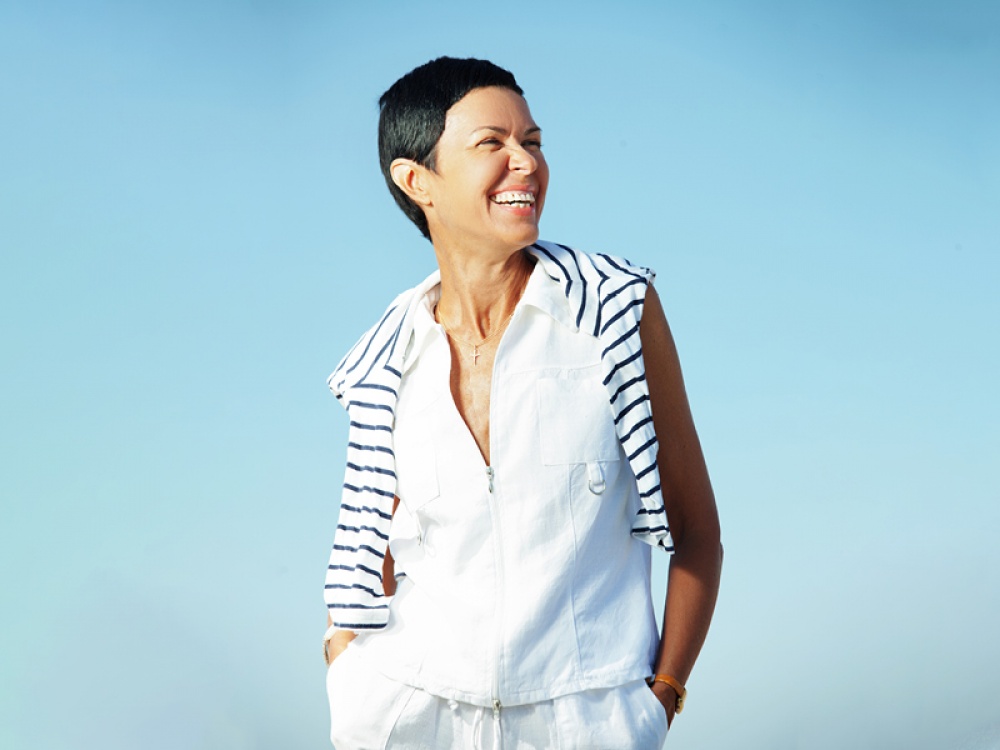
Weight gain is often seen as part and parcel of the ageing process, especially for women going through the menopause
There are sadly lots of things to contend with as you age, but for many you might notice that maintaining your usual weight becomes more difficult, and searches around the menopause and weight loss have increased by 330 percent year-on-year according to Google trends. Many women do gain weight around the menopause, and on average gain 2.1kg every three years during their 40s and 50s. Whilst some of this may be hormonal – oestrogen curbs the fat-storage hormones insulin and cortisol so failing levels of oestrogen thanks to the menopause make us prone to weight gain and tend to lead to a thickening around the waistline – you can help reverse course by paying attention to healthier eating habits and keeping active.
Other factors such as not getting enough sleep can also contribute to menopausal weight gain. It’s a fact that when you don’t get enough sleep you tend to make poor dietary choices, snacking more and consuming more calories. Fatigue also means you will find you are less motivated to exercise. Add in the mood swings and the feelings of low self worth and it is hardly surprising managing your health at this point becomes more challenging.
Read More: Meet the Owner of Newcastle-Based Fashion Rental Business Hirestreet
• Aim for fewer calories. Sounds obvious – and of course it is – but one of the sad realities of ageing is that you actually require fewer calories daily to stay healthy than you do in your 20s and 30s. Daily energy requirements reduce by around 250kcals, which is a large glass of wine or a smallish chocolate bar. By consuming fewer calories and keeping extra weight off you will also experience other benefits such as lower blood pressure and cholesterol.
• We may move more slowly in general as we age, but keeping active and boosting your daily activity levels is essential to help keep off extra pounds and keep your metabolism from slowing. Research shows that just two hours of moderate exercise a week can make a difference to the waistline in menopausal women. NHS guidelines suggest 150 minutes per week and it needs to be vigorous exercise that leaves you a bit out of breath. Try jogging, walking, tennis, swimming or even dancing. High impact exercise may cause issues for joints so be careful to warm up well and try to avoid hard surfaces when running distances.
• Exercising before breakfast is shown to boost metabolism and help burn fat. A study by scientists at Bath University found that by exercising when insulin levels are lower (ie before you have eaten breakfast) you may use more fat and less carbohydrate as fuel, subsequently burning noticeably more fat and lowering the risk of type 2 diabetes.
• We naturally lose between three and eight percent of our muscle mass every decade after turning 30, and the less muscle you have the fewer calories you burn both at rest and during exercise. Adding some resistance to your routine will help maintain all-important muscle mass and will also improve balance. You don’t need to use weights – simple bodyweight exercises such as squats, dips, lunges and press ups have the same effect. Alternating a mixture of resistance and aerobic exercises at least four times a week will provide the strength benefits you need.
• Muscle needs protein and our ability to convert protein from food decreases with age, so aim for a daily protein intake of at least 1g per kg of body weight to maintain muscle mass. Most women should aim for about 25g of protein at each meal. It will also help you feel fuller for longer. Get your protein fix from a wide variety of foods; free-range poultry, oily fish, yoghurt, eggs and plant-based sources such as tofu and pulses.
• Eating plenty of fibre helps with appetite control. A healthier gut helps digestion and a diverse microbiome (lots of different microbes in your gut) is thought to be helpful for weight loss. Aim for your five-a-day then add in high fibre at every meal; oats, wholemeal bread, lentils, pulses and beans are all a good source of additional fibre. Eating more plant foods can also help. Research has shown that eating 30 or more different types of plant food each week which provide different types of prebiotic fibre and polyphenols means a far more diverse microbiome which can significantly improve menopausal symptoms.
• Limit your alcohol. Unfortunately – wine especially – represents empty calories. Cut the wine, cut the waistline!
• Consider HRT, which not only can help relieve menopausal symptoms but may also have beneficial effects on body fat distribution. It won’t stop you gaining weight if you eat too much but it may reduce the fat stored around the middle. You can’t help how you feel about ageing, but HRT can help with anxiety and stress levels often associated with the menopause, which is also important for weight loss. High stress levels result in raised cortisol levels which are associated with abdominal fat. High cortisol levels also make weight loss much harder.
• Yoga and meditation can help control weight by helping to reduce levels of stress within the body and helping you re-energise. Practising yoga helps maintain flexibility and strengthens joints, vital to keep you moving properly.
Read More: Meet the Yorkshire Entrepreneur who Co-Founded Zero-Waste Cleaning Brand, Miniml
Feel Better, Look Better
You need a positive mindset to help you feel and look better. Here are the supplements to see you through
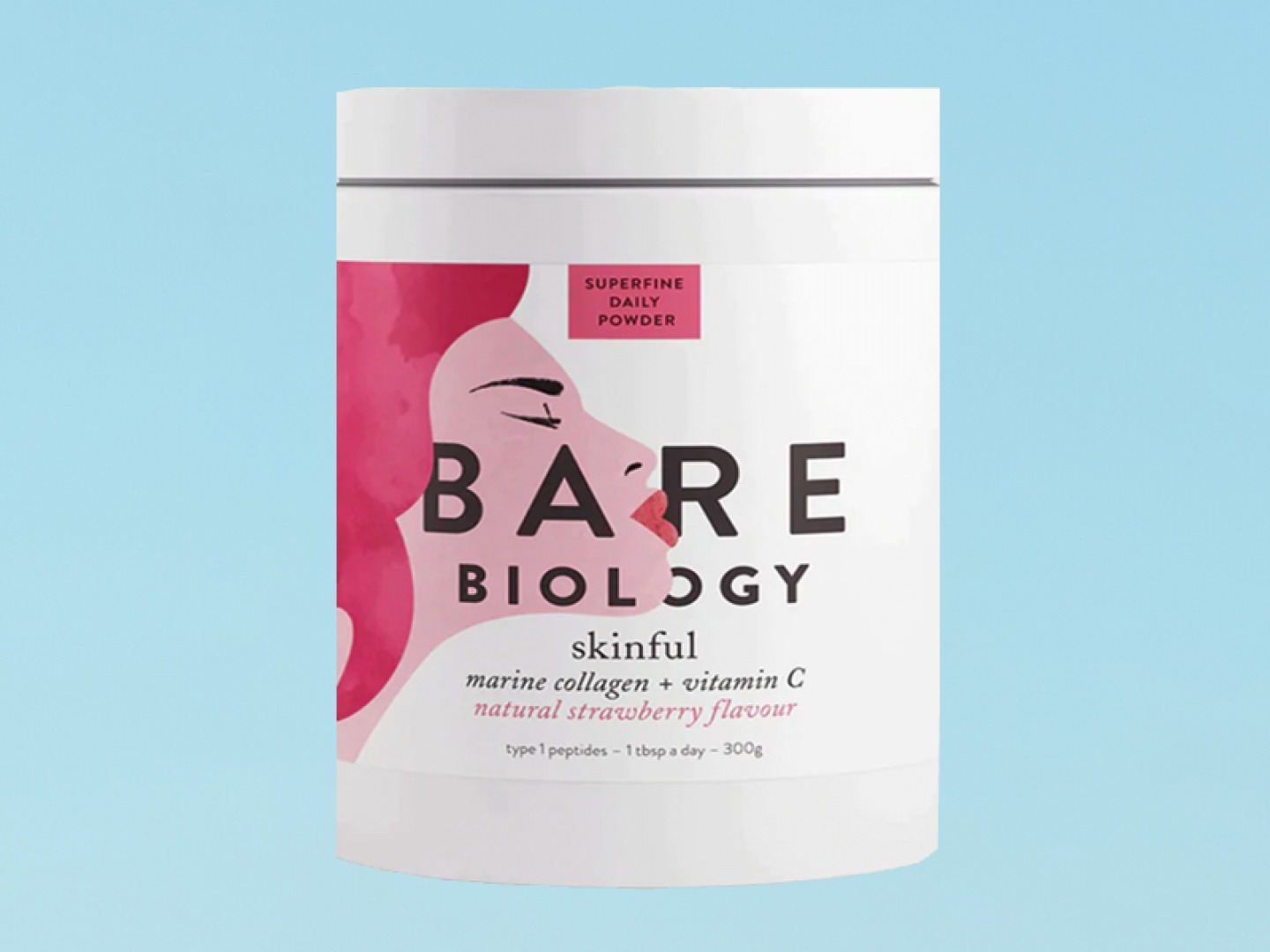
Natural collagen production declines steadily from our 20s so it is worth seeking out a good quality collagen supplement to support skin connectivity, hair and nails. Add to that a dose of vitamin C which helps you produce collagen and you should soon notice a difference. Marine Collagen Plus Vitamin C, £45 barebiology.com
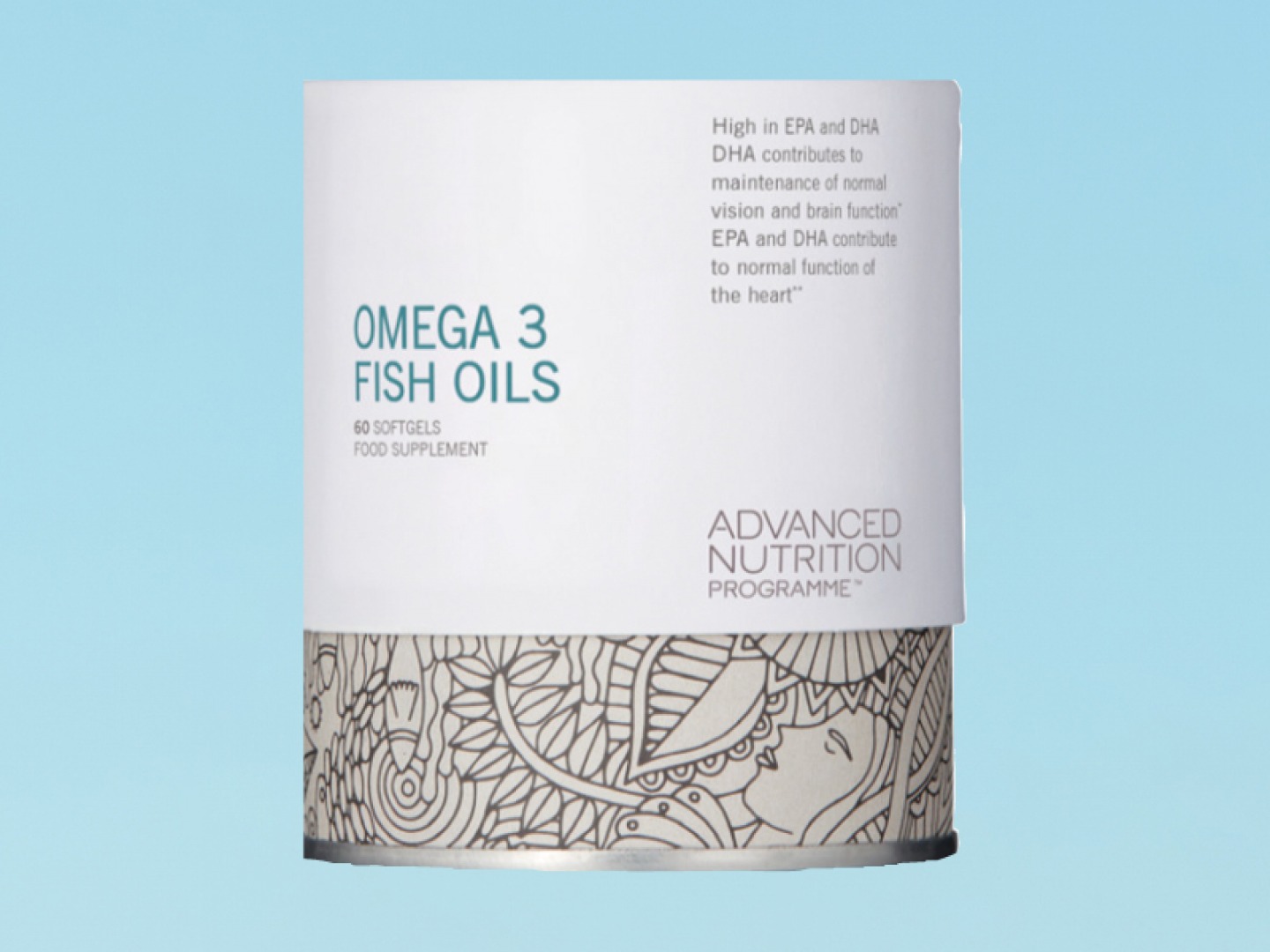
Brian fog is often associated with the perimenopause and menopause and whilst it won’t help you lose weight, improving your memory and cognitive processes will make you feel better, and Omega 3 will also help with eyes, skin and heart health. As an anti-inflammatory it will also support joint health. Omega 3 Fish Oils, £21 advancednutritionprogramme.com
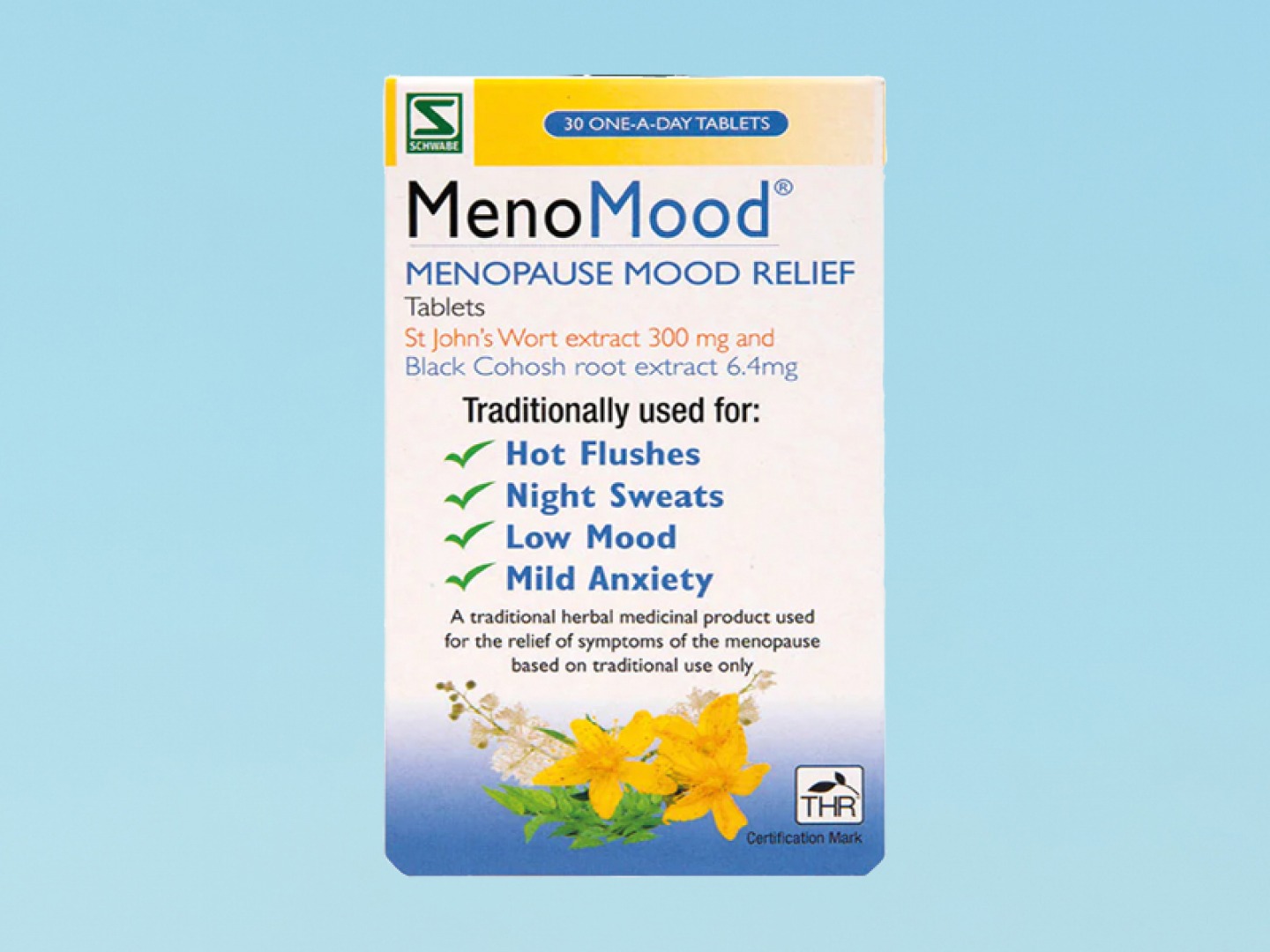
St John’s Wort is thought to help reduce an elevated state of anxiety and stress often associated with this stage of life by supporting the regulation of happy hormones such as serotonin. It can also help reduce hot flushes which are also anxiety inducing. MenoMood, £16.99 Schwabe Pharma, stockists regionwide
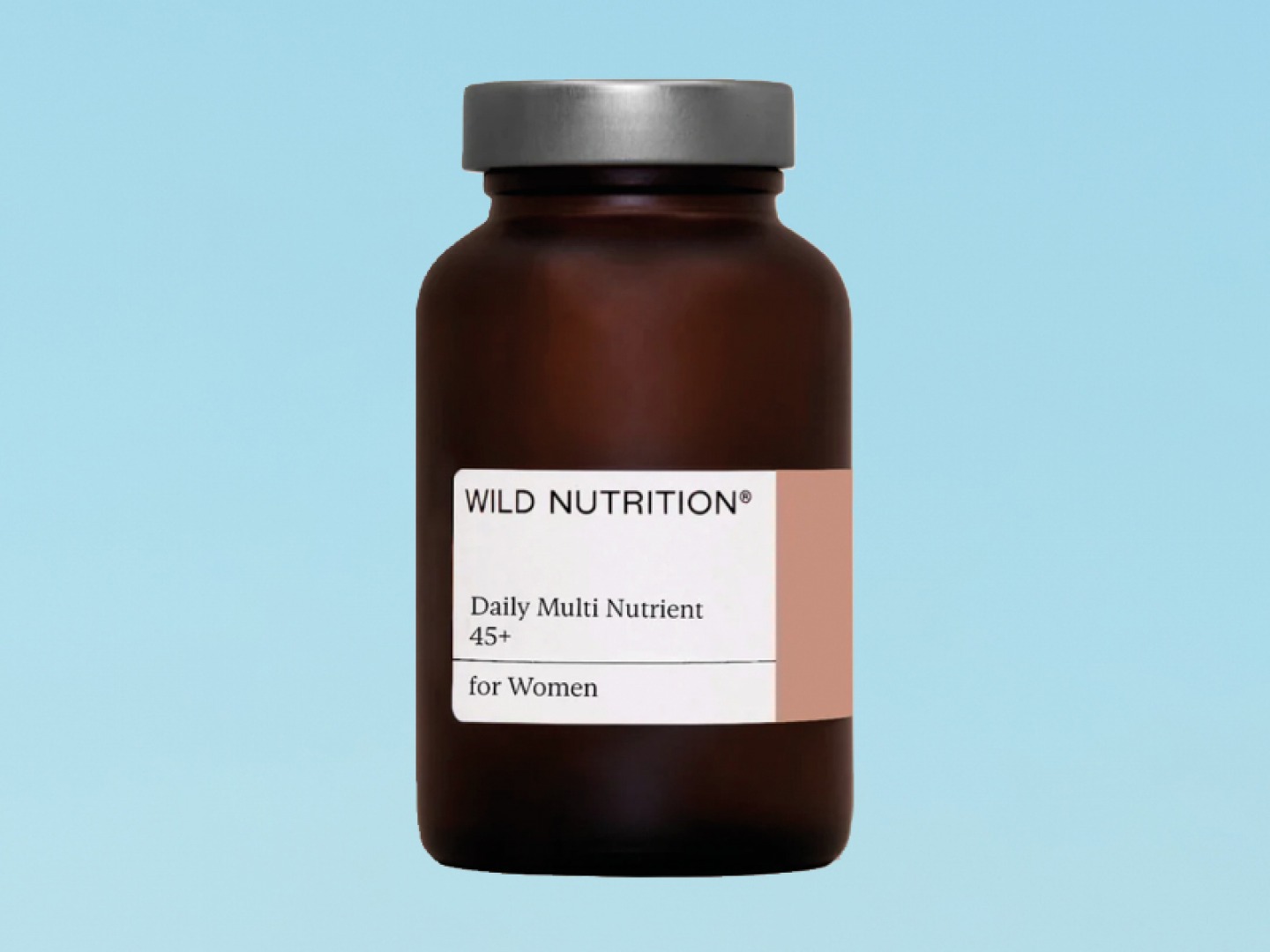
A good multivitamin can help you maintain energy levels and support your emotional wellbeing. This food-grown supplement is specifically designed to address the natural changes women encounter at 45+ to support your metabolism, promote mental resilience and reduce fatigue. Bespoke Woman Daily Nutrient, £33.50 Wild Nutrition
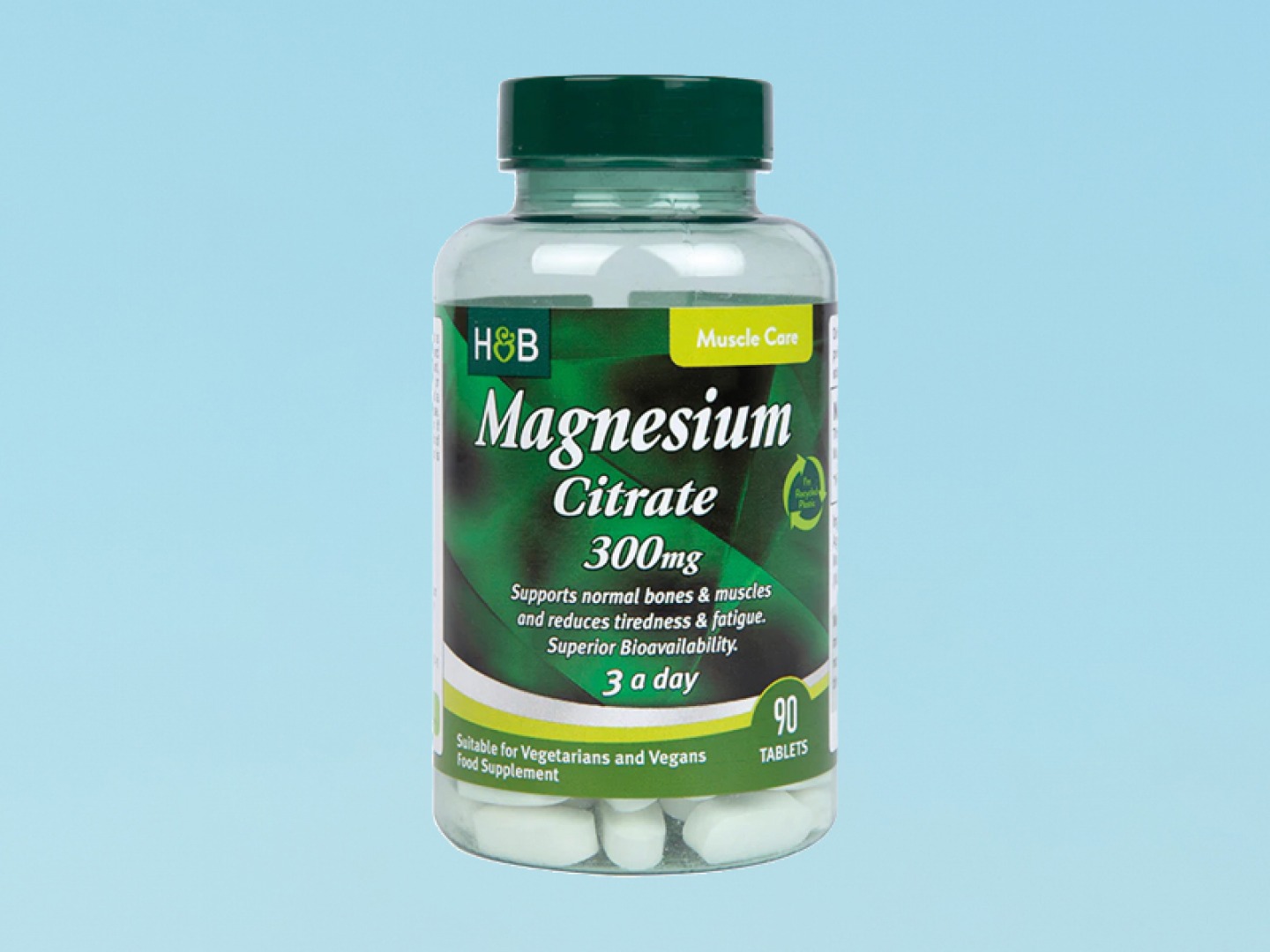
Research shows that around 70 percent of us are deficient in magnesium which can help you sleep better. It helps you relax and promotes a deeper sleep while balancing blood sugar levels. Opt for a glycerinate supplement which is more easily absorbed, and if you suffer from constipation (common during menopause) choose a citrate supplement. Magnesium Citrate, £9.99 Holland & Barratt, branches regionwide
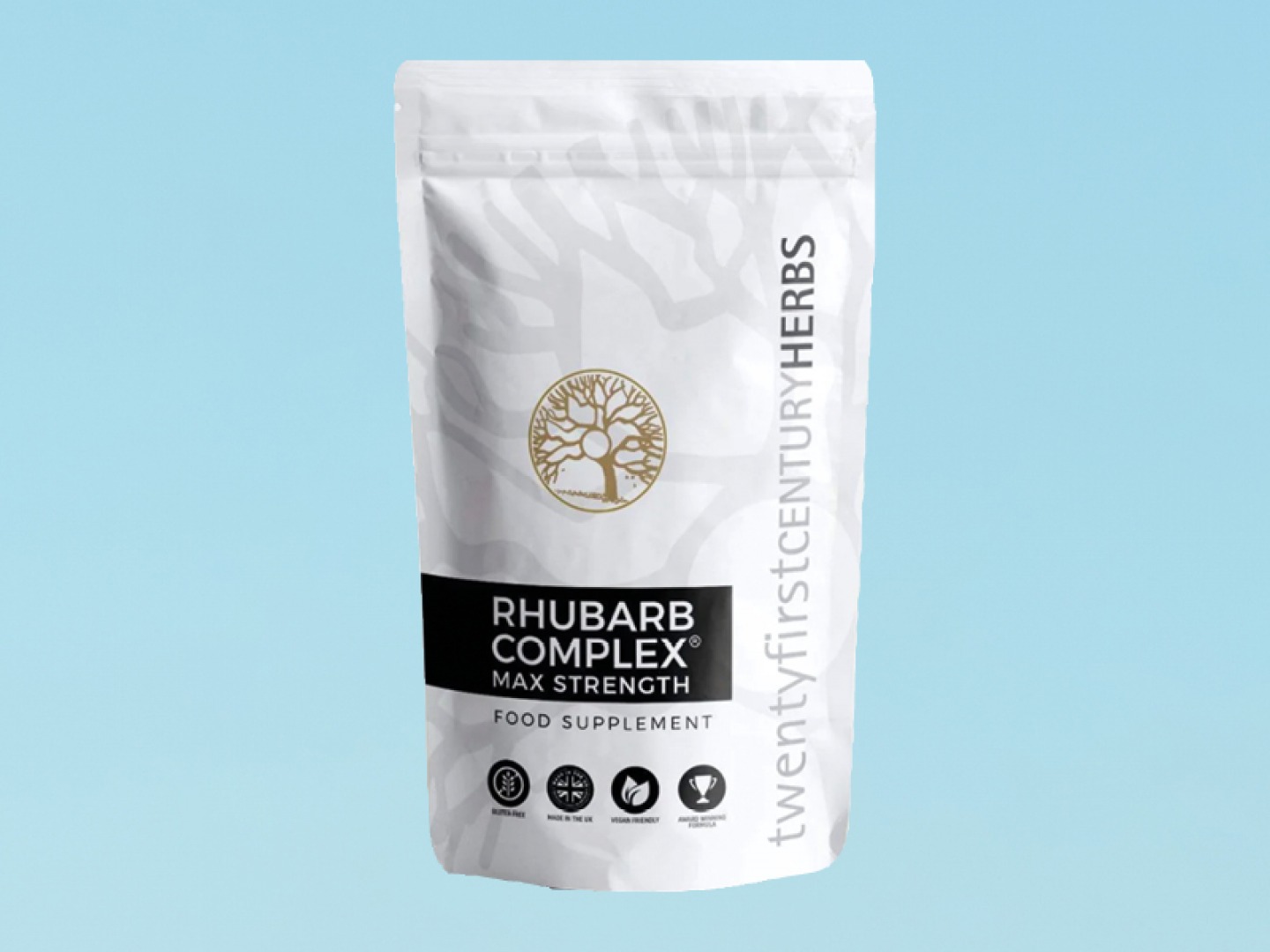
Your gut is responsible for making and managing neurotransmitters, such as serotonin, dopamine and melatonin, all of which have an influence on mood and sleep, so it’s important to keep the gut healthy. With rhubarb, cayenne, ginger and aloe powder, this is perfect for anyone with stubborn and persistent digestive complaints, and will reduce bloating, improve energy and sleep and can even help manage weight loss. Rhubarb Complex Max Strength, £30 Twenty First Century Herbs, Hexham twentyfirstcenturyherbs.co.uk







